Componentes industriais de plástico e metal.
Industrial Component Plastic metal parts are essential components in many industries, from automotive to consumer goods. These parts are created by injecting molten material into a mold cavity, where it cools and solidifies into the desired shape. This process is widely used due to its efficiency and ability to produce complex shapes with high precision.
Experts in the field of Industrial Component plastic metal part manufacturing are skilled in designing, developing, and producing these components. They have a deep understanding of various materials, including metals, plastics, and composites, as well as the injection molding processes and equipment required. Their knowledge extends to meeting specific industry needs, ensuring that each part is perfectly suited for its intended application.
Success in this industry demands a strong technical background. Proficiency in CAD software, mold design, and manufacturing processes is crucial. Additionally, professionals must understand the properties of different materials to select the best option for each part.
Collaboration is key in Industrial Component plastic metal part manufacturing. Professionals work closely with product designers and engineers to ensure that mold designs meet all specifications. They are responsible for maintaining quality and consistency throughout the production process and ensuring the accuracy of the final product.
Beyond technical skills, problem-solving and communication abilities are vital. Professionals must effectively interact with clients to understand their needs and develop tailored solutions. They also handle any issues that arise during manufacturing, ensuring smooth production flow.
Overall, the Industrial Component plastic metal parts industry plays a significant role in the manufacturing sector, providing critical components for various applications. Experts in this field are instrumental in ensuring efficient production and adherence to high-quality standards.
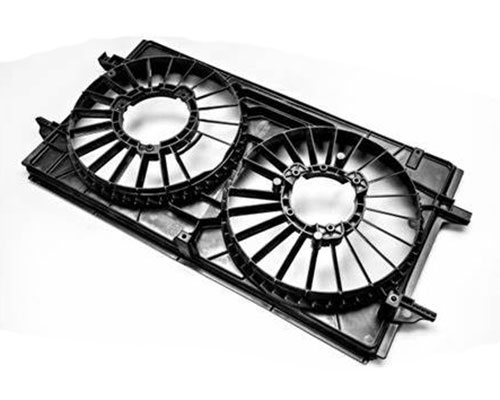
Parte de componente industrial.
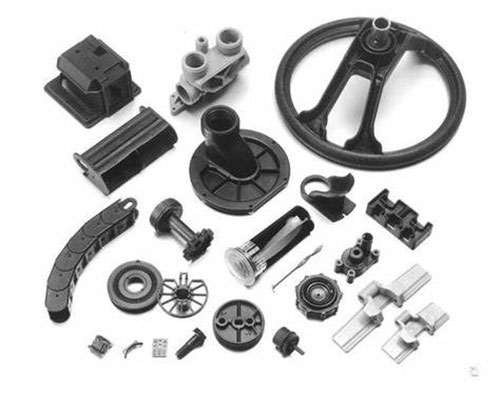
Parte de componente industrial.
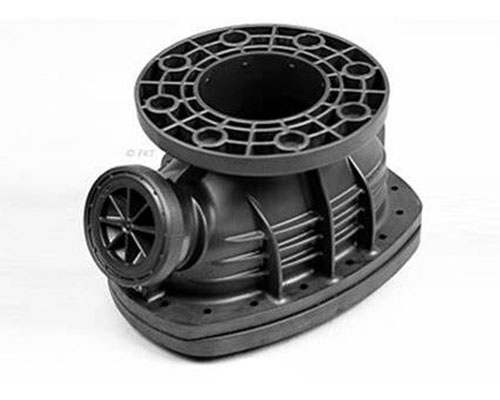
Industrial Component Parts
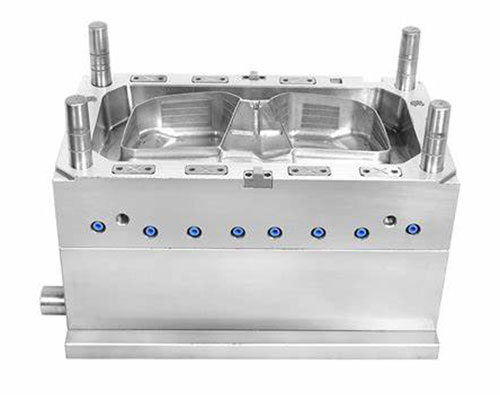
Industrial Component Mould
Serviço de fabricação de componentes industriais de plástico e metal.
Be good at product structure optimization and greatly reduce the cost of Plastic Metal Parts custom solutions
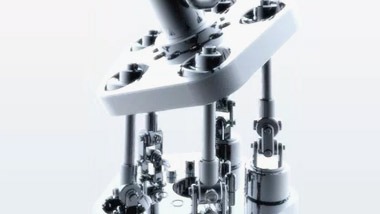
Design da peça
Design Estético e Estrutural
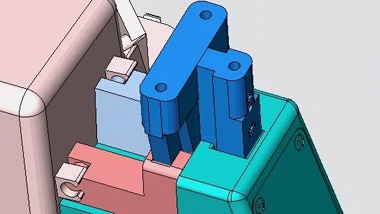
Fabricação de moldes
Design, Confirmação de Facilidade de Manufatura
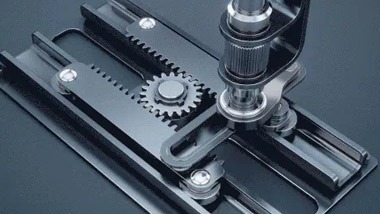
Produção de Produto
Imported, high-speed equipment
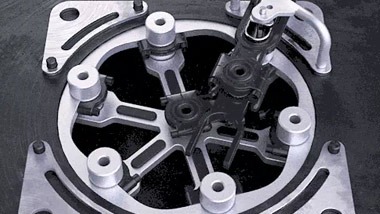
Montagem do Produto
Matéria-Prima, Inspeção e Montagem
São utilizados peças plásticas e metálicas na indústria de componentes industriais.
Plastic metal parts are super popular in the manufacturing world, especially when it comes to making industrial components. Imagine needing a bunch of identical pieces fast and efficiently—that's where plastic metal parts come in handy. They're used everywhere from gears and bearings to casings and even in mechanical equipment.
Consistency and accuracy are key for these parts, and that’s what makes plastic metal parts so great. You can design them with complex shapes and features that would be tough to achieve with other methods. Plus, you can use a variety of materials like metals, plastics, and composites to get the properties you need, whether it’s high strength, lightweight, or resistance to heat and chemicals.
One big plus is how customizable they are. You can tailor them to fit specific needs, which is crucial in the industrial component world where things have to meet strict specs and tolerances. Plastic metal parts make sure you get the tight tolerances and complex shapes your project demands.
Of course, there are challenges too. The cost of molds can be a bit steep, especially for complex or large-scale projects. But the savings from high-volume production and better efficiency usually balance out that initial expense.
In short, plastic metal parts are essential in the industrial components industry. They offer high production volume, lots of design flexibility, and the ability to customize, making them a smart choice for many applications.